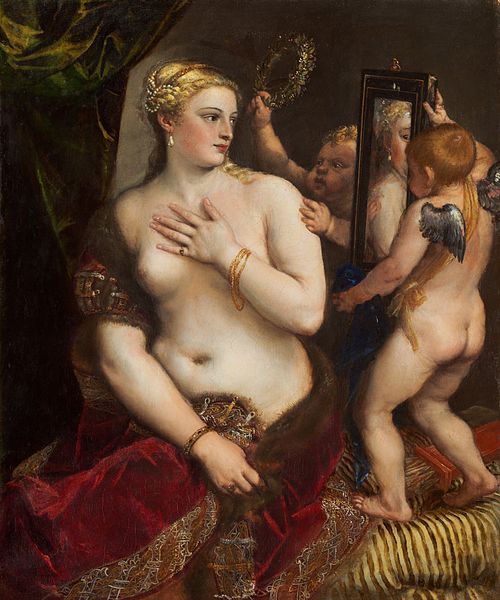
Dazed With Her Death
August 10, 2017
Mary Mary Quite Contrary
August 10, 2017
Yourself
Self as a suffix
Kay was on the phone. We were talking in the overlapping intersection between business and personal. She asked about my mother. She always does. She asked about me. She always does, and always after she’s got my mother’s status down. Kay is not a caregiver now but she knows a lot of them professionally.
“I can hear tired in your voice." Pause. "You don't have time for yourself."
Sometimes, when I listen to people who probably understand my experience, I have to wonder why they will still start a sentence with “you.” “You are this.” “You are that.” Why tell me how I am? Why not ask me how I am?
Time: a limited period or interval, as between two successive events or a particular period considered as distinct from other periods.
Funny, I thought time was a limited resource, and I certainly would take some even if it were not for myself. If time had ever been designated for me, I don't recall. What I remember is solitude and quiet in contrast to flares of a heightened subconscious, listening for cries and crashes and ceased breathing even while I am asleep. Is that what Kay meant? I imagine that this “time” that “I didn’t have” contained the absence of people, noise, and apnea.
Did she mean that nothing was in that time that I don’t have? If I ever had "time for myself" I forgot how that goes. I lost the file. In effect, no concept of this term remains. I am not able to imagine where one goes to apply for extra time with nothing in it. “For” myself sounds as if I am a resource consuming time which only takes that time away from something else. Why take time for me and then lag behind on not me? That would net less.
My: first person possessive pronoun. She was referring to a belonging, ownership.
Self: a person or thing referred to with respect to a complete individual.
There are many usages of self as a prefix as opposed to the suffix: selfish, selfless, self-serving.
Put “my” and “self” together. “Myself” seems to mean first person possessive belongs to the individual. Caregivers don't succeed unless they belong to themselves. There is no more time to have. It’s all distributive. This interval between events is the only one I have.
Thyme N. Haff
2012 June twenty-two

Titian circa 1555. Venus with a mirror. National Gallery of Art
If you Google "time for yourself" you will get one billion hits, but I have no time to read them.










